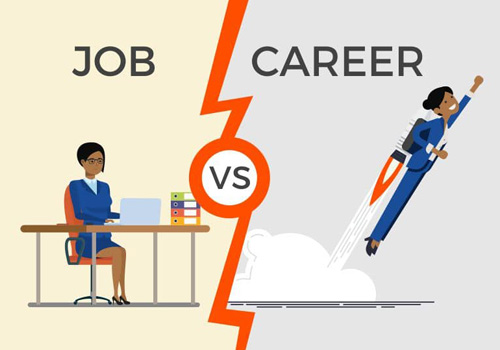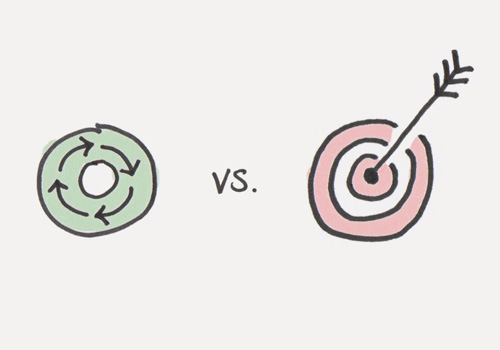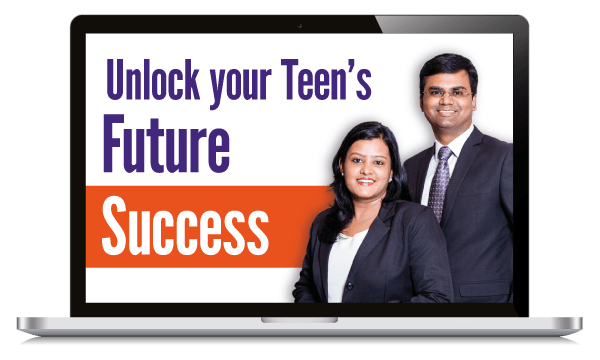
Your Child is Studying Hard? What Academics Forgets to Mention About a Successful Life
We’ve all heard it growing up: “Study hard, get good grades, and you’ll be successful.” It’s advice that parents have passed down for generations, and for many, it’s ingrained so deeply that it shapes the entire upbringing of their children.





